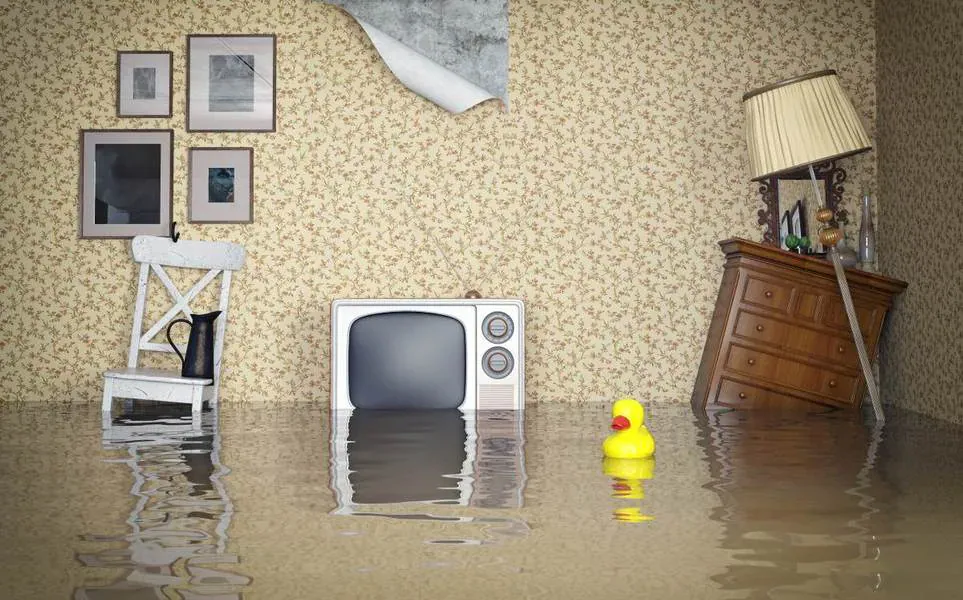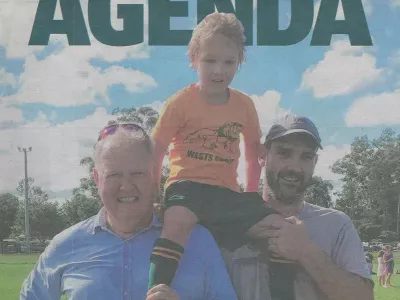Recovering After Natural Disasters Means Dealing With Emotions Too

It’s been an especially devastating week, with news of natural disasters Hurricane Harvey and severe flooding in South East Asia (including the deaths of more than 1200 people in Mumbai, India).
In my home country of Japan, the 2011 earthquake and tsunami caused widespread damage and has had ongoing effects. There have been more natural disasters since then, such as the earthquake in Kumamoto, floods in Tochigi, Fukuoka, and Akita regions. Here in Australia, my adopted country, we are gearing up for another cyclone season and hoping we don’t have a repeat of last year’s ferocious Cyclone Debbie.
But wherever in the world these things happen, it’s important to look beyond the physical damage to the area – the wrecked buildings and houses, bridges and roads, and even the injuries and loss of life. Natural disasters can also hit us emotionally, and sometimes people underestimate the effects they can have on children and teenagers.
LOOKING BEYOND THE OBVIOUS
Anyone – adults and children – experiences some difficult emotions when a disaster hits: fear, sadness, anxiety, anger, etc. We can all easily understand how a small child may feel frightened during a severe storm, flood or fire. But as some Japanese researchers have documented, the ongoing effects can include things like:
- Experiencing grief (not just after losing loved ones and friends, but also knowing that people in the community have died or been injured)
- Feeling isolated as their kindergartens/schools are closed
- Having to move to a new area and feeling anxious about adjusting to the new neighbourhood
- Fear that something bad will happen again.
Even problems with the way a child behaves can be the result of these kinds of traumatic experiences, especially if a child has already been traumatised previously. For example, this study found that children who had been affected by the Great East Japan Earthquake (in 2011), especially those who had a previous trauma of some kind, were more likely to have behaviour problems. The study also refers to other research with similar findings following other natural disasters.
WHEN OTHER PEOPLE’S REACTIONS CAN HURT
Sometimes, people react with fear or anger towards things they don’t understand. Many people in Japan may remember the sad news of the children being bullied when their family relocated to another city after the 2011 earthquake, because of fears and misunderstandings about radioactivity. Families and school students displaced by Hurricane Katrina also encountered discrimination and bullying.
SOME POSITIVE NEWS
There is now much greater awareness of the emotional impact of natural disasters, and the importance of helping communities to prepare and to be resilient enough to bounce back after the event.
Governments and schools putting more thought into helping parents who are struggling themselves and also dealing with sometimes confusing and unexpected emotional and behaviour problems in their children.
WHAT ARE SOME THINGS PARENTS CAN DO?
While feeling upset and anxious is very hard for anyone, it’s especially hard for parents to see their children experiencing these emotions. Some people try to distance their children from these emotions by never talking about the disaster or how they feel. They may focus on being happy all the time, and doing fun things.
It’s certainly very important to give children enjoyment even when the family is still recovering, as these enjoyable times help to give children hope and feel optimistic. However, it’s also important for our mental health to experience negative emotions and learn how to deal with them appropriately.
This applies to any difficult situation, not just when recovering from natural disasters: if you think your child seems to be worried or distressed, it is helpful to listen to them, and accept their emotions instead of sending the message that they must not have these feelings.
You don’t have to force them to talk about how they feel. Your child can tell you what they want to say, as much or little as they want, at their own pace. Perhaps you may be feeling the same way. It’s okay to let them know that you’re feeling the same. This may help the child learn that it is okay to experience negative emotions and they are not alone.
YOU AND YOUR CHILD MAY NEED EXTRA SUPPORT
At the same time, if you are often feeling overwhelmed or like you can’t cope, or like your emotions are getting the better of you, rather than share this burden with your child, it’s better to get professional help for yourself. Then, as you start to feel better, you can model for your child what it looks like to learn to cope with challenges and strong emotions.
While it’s healthy for parents to get help when they are having difficulties, some parents might think, “It’s selfish to ask for help”, or “there are others who are in more difficult situations, so I should deal with it by myself”. But it’s not easy to look after your family when you’re under a lot of stress.
Usually your children will also sense your emotional difficulty anyway, which can lead to the child feeling stressed/anxious as well. If you can reduce your level of stress by getting help, it can be a positive step for your family’s recovery.
If you feel like your child keeps wanting to talk about the disaster or feelings of sadness and anxiety all the time, it may be a sign they also need further help.
WORK TOGETHER AND REBUILD A ROUTINE AS SOON AS YOU CAN
Understanding that everyone in the family is feeling difficult emotions, but also that they have different perspectives. This may help everyone work as a team to rebuild.
Natural disasters can significantly disrupt our routine. Lack of routine in life can cause anxiety and stress for the whole family. It may not be possible to re-establish exactly the same routine as the one before the disaster, but establishing a predictable routine for children helps them relax and feel safe and confident about the future.

